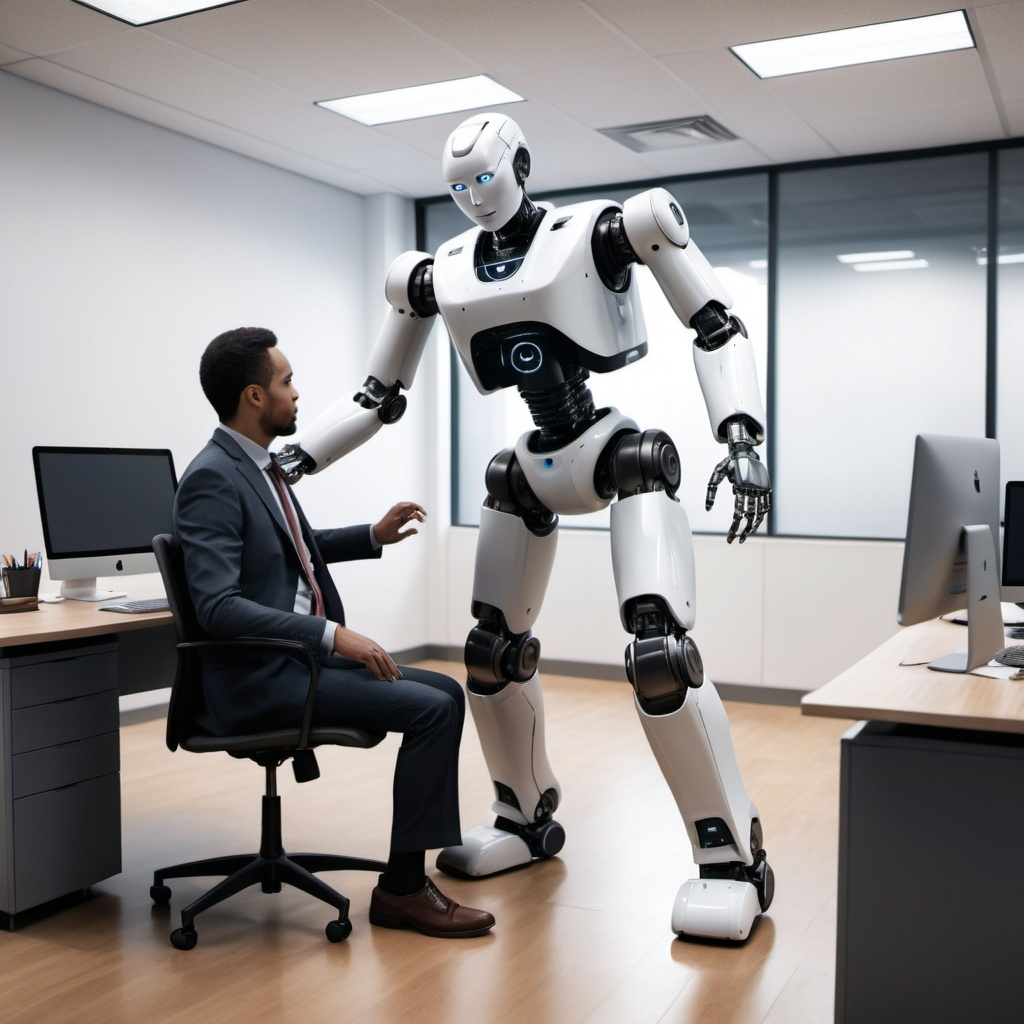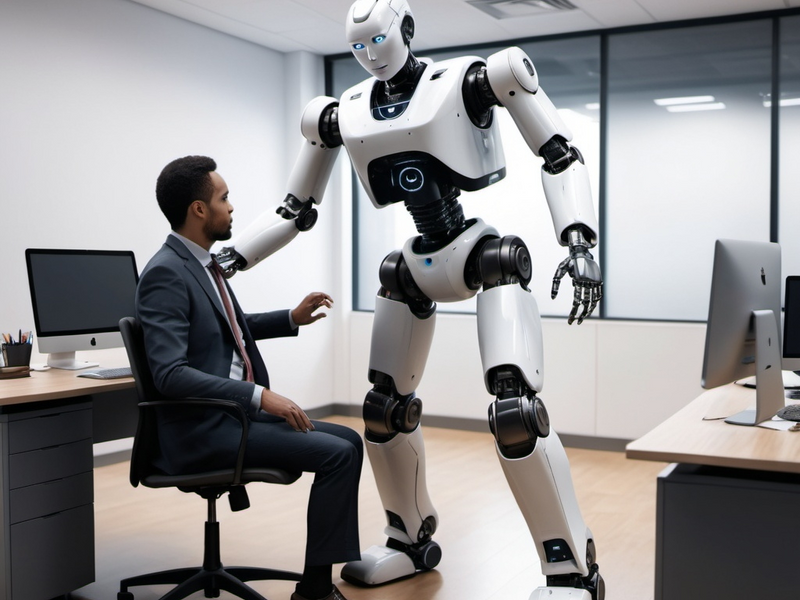If You Remove the Robot from You and There's Not Much Left, Then AI Will Probably Take Your Job
Artificial intelligence (AI) is rapidly advancing and the discussion around job displacement is more pertinent than ever. The stark reality is this: if your job primarily involves routine, repetitive tasks—essentially, if you "remove the robot" from yourself and there’s not much left—AI is likely to take over. This concept serves as both a warning and a call to action for individuals and industries alike.
The Rise of AI and Automation
AI and automation have made significant strides across various sectors, from manufacturing and logistics to customer service and data analysis. These technologies offer clear benefits, such as increased efficiency, reduced error rates, and cost savings. However, they also bring the potential for widespread job displacement. It's true of almost any industry that AI is having an impact.
The Human Element
To remain relevant in the age of AI, it's crucial to embrace qualities that are inherently human. Creativity, emotional intelligence, critical thinking, and problem-solving are areas where humans excel and where AI, despite its advancements, still lags behind. These skills are difficult for machines to replicate.
Redefining Job Roles
For many, this means redefining their job roles. Moving away from tasks that are easily automated and focusing on areas that require human intuition and creativity is essential. For example, while AI can analyze vast amounts of data quickly, it still requires a human touch to interpret the results meaningfully, understand the context, and make strategic decisions.
Lifelong Learning and Adaptability
Adapting to this new landscape demands a commitment to lifelong learning. Continuous education and skill development are essential, whether it's upskilling in your current field, learning new technologies, or transitioning into new professions less susceptible to automation.
Embracing Change
Embracing change rather than resisting it is also crucial. Organizations and individuals open to innovation and willing to adapt will fare better in the long run. This involves adopting new technologies and fostering a culture of continuous improvement and innovation within the workplace.
The Future of Work
The future of work is not about competing with machines but about complementing them. Humans and AI can work together to achieve more than either could alone. By focusing on our uniquely human traits and continuously evolving, we can create a symbiotic relationship where technology amplifies human potential rather than replacing it.
Conclusion
The notion that "if you remove the robot from you and there's not much left, then AI will probably take your job" serves as a stark reminder of the changing nature of work. However, it is also a call to action. By focusing on our uniquely human capabilities, committing to lifelong learning, and embracing change, we can secure our place in the workforce and thrive in an AI-driven world. The future is not about machines versus humans; it's about humans harnessing the power of machines to unlock new possibilities.


